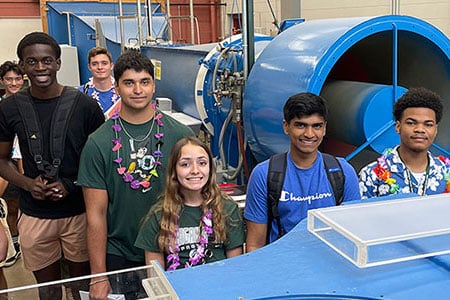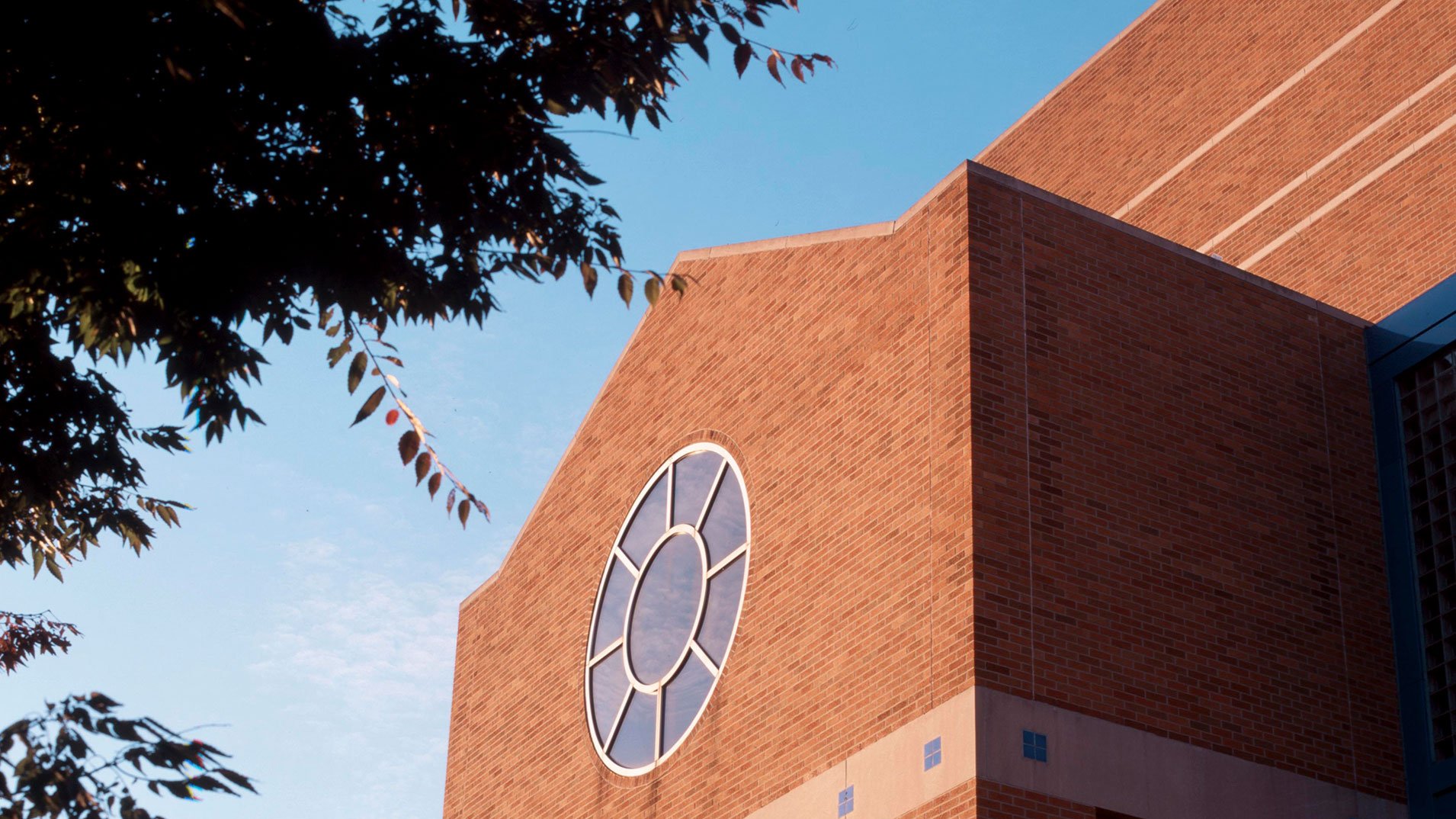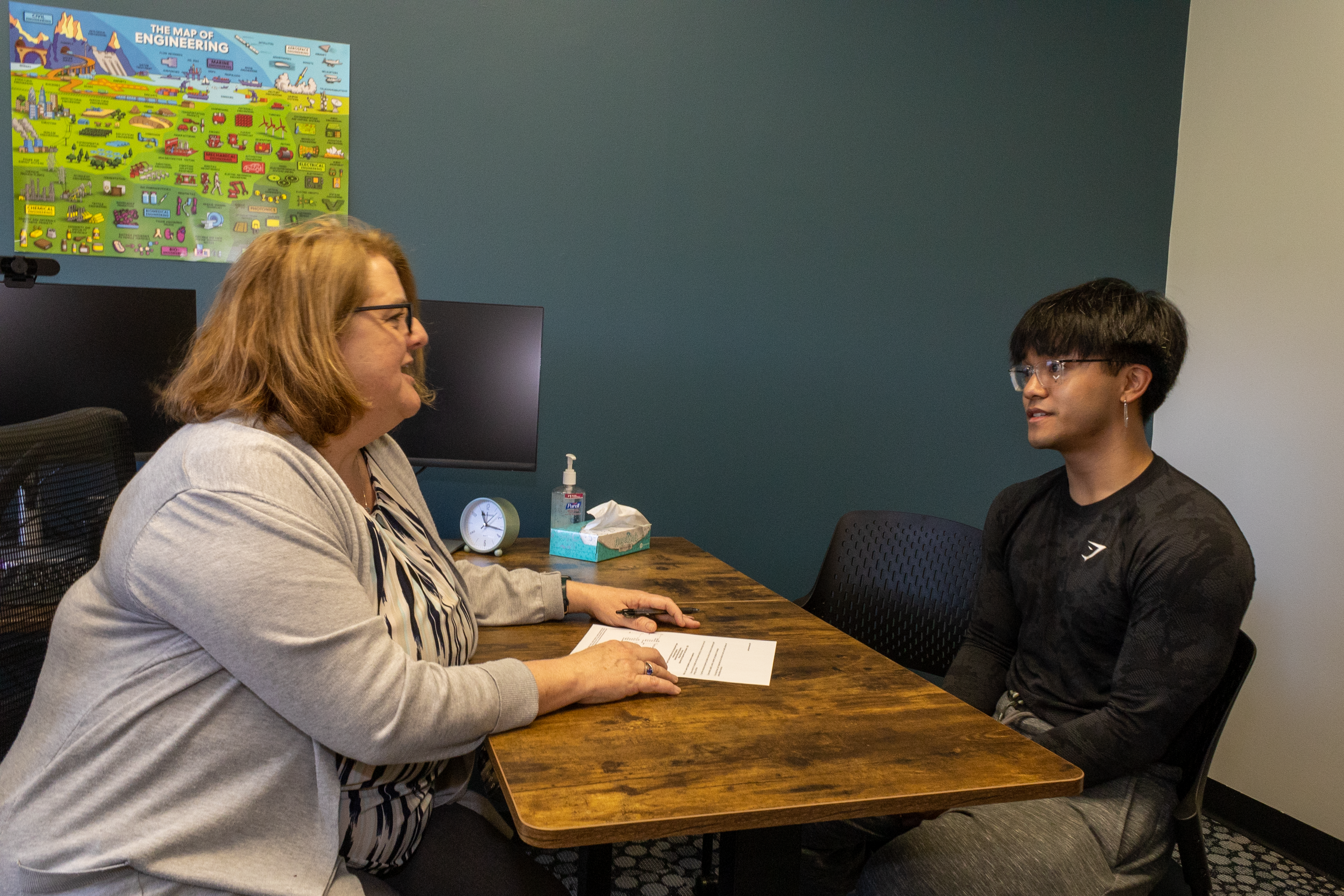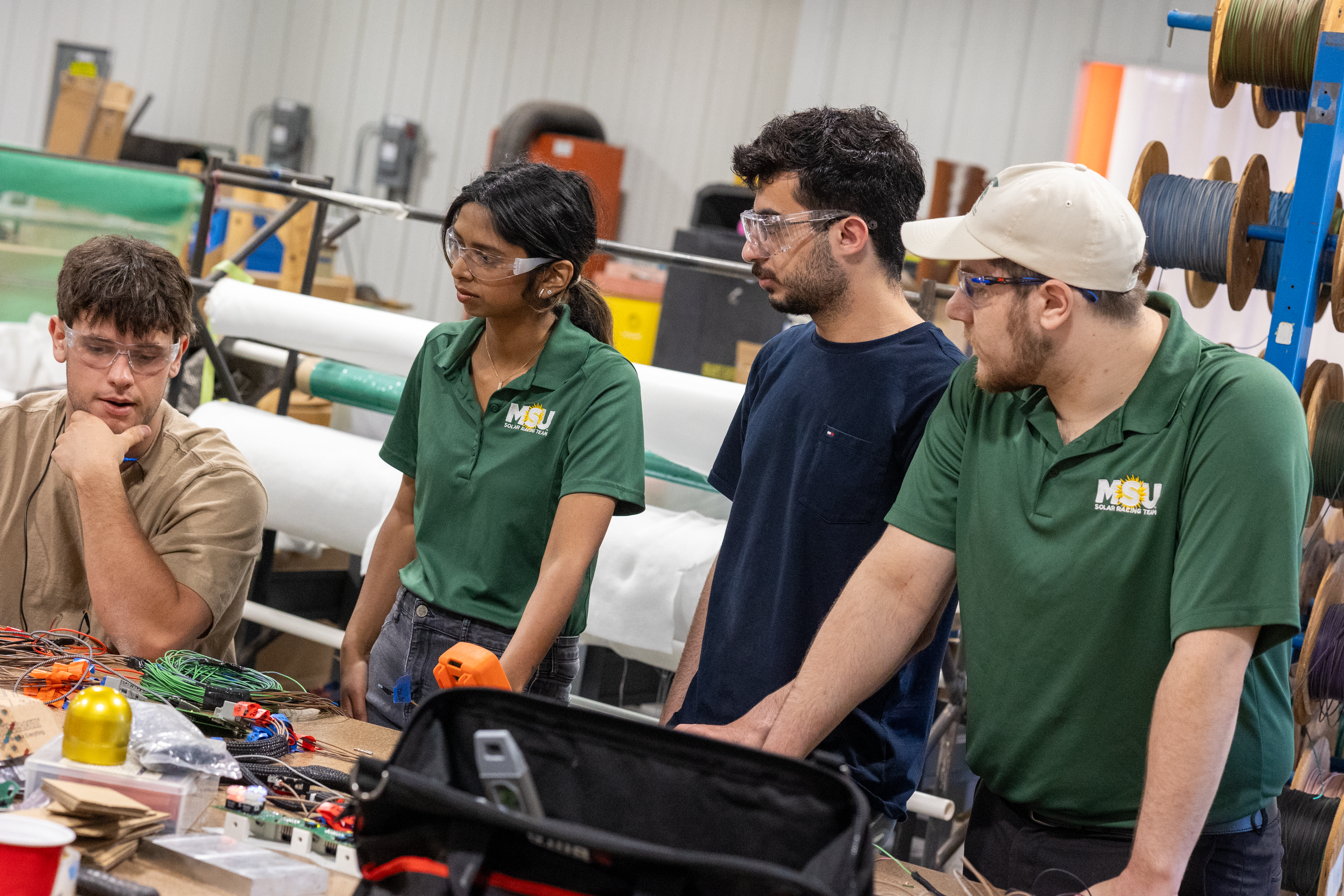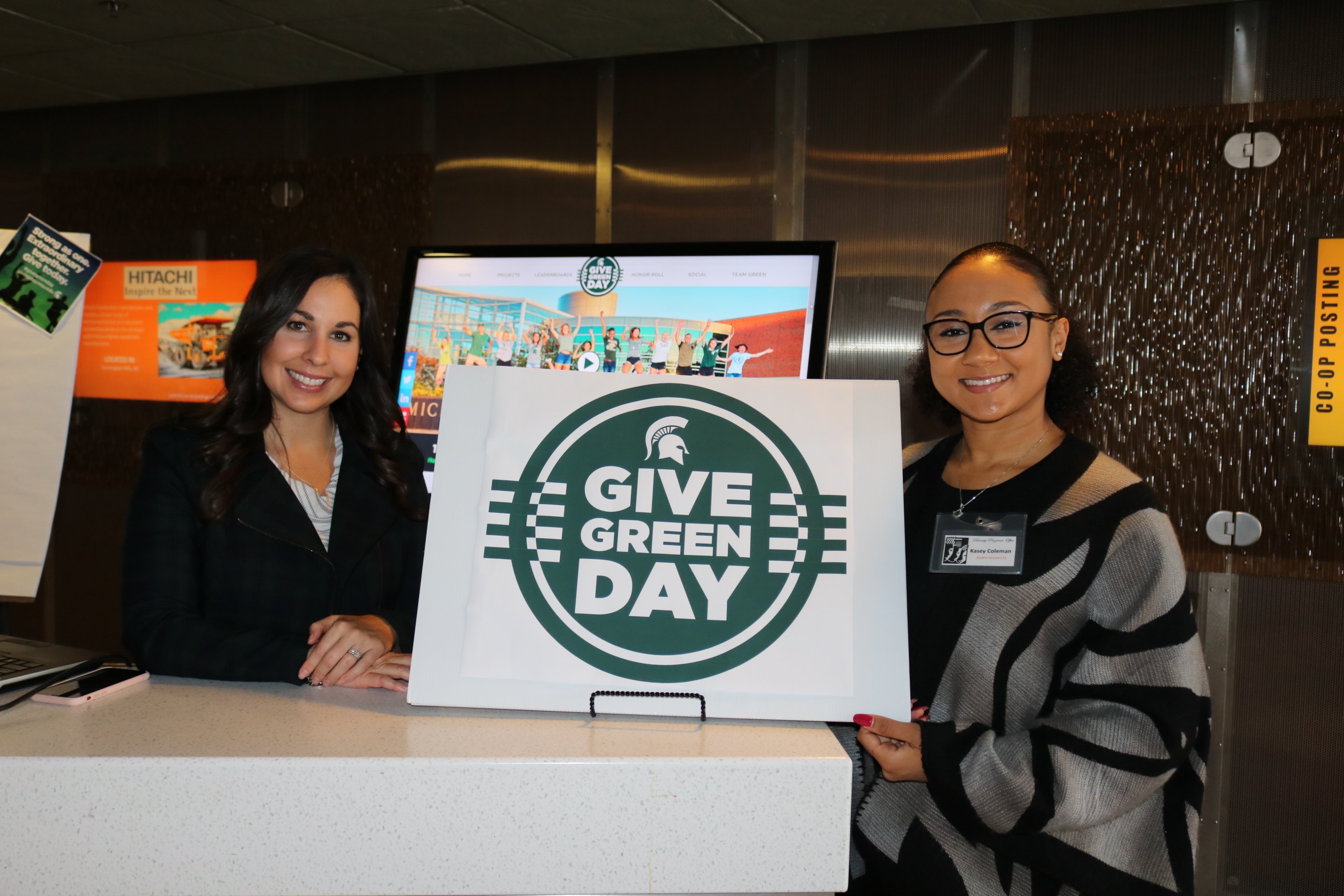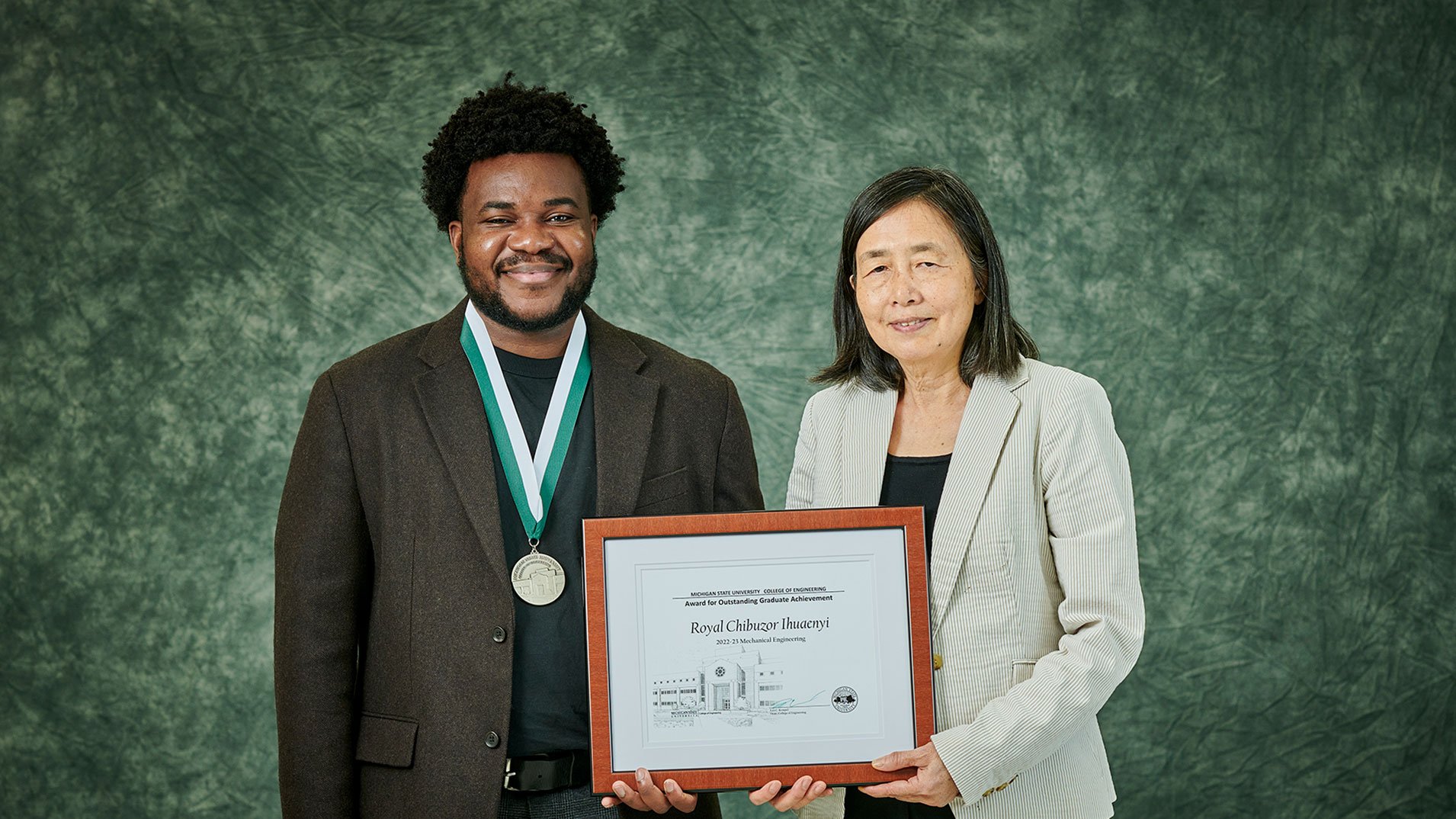
The Engineering Graduate Research Symposium is an annual event showcasing the work of graduate students from across all college units.
This event is FREE and open to the public and provides an opportunity for industry representatives, alumni, faculty/staff and graduate student engagement.
The 2025 Engineering Graduate Research Symposium will be held May 8, 2025, from 9 a.m.-4 p.m. in the Michigan State University Engineering Building.
Registration Deadlines
- Graduate Student Poster Presenter - March 14, 2025
- All Other Event Attendees - April 21, 2025
Map and Parking
- Parking is free in Lot 39 (Shaw Lane/Red Cedar) and Lot 79 (Spartan Stadium Shaw Lane Lot)
- Engineering Building on the MSU Interactive Map
- 8:00am-8:55am - Check-in / Poster Set Up
- 9:00am-9:25am - Welcome and Remarks
- 9:30am-11:00am - Poster Session
- 11:00am-12:30pm - Symposium Showcase
- 12:15pm-1:15pm - Lunch (intentional overlap with the Symposium Showcase)
- 1:30pm-3:00pm - College of Engineering 3MT Competition Finals
- 3:00pm-3:30pm - Three-Minute Thesis Awards, Poster Awards and Event Closing
- 3:30pm-4:00pm - Poster Tear Down
M.S. and Ph.D. students are encouraged to participate in this celebration of hard work and research conducted throughout the program. Poster presentations are not limited to completed projects, and students are encouraged to present work-in-progress. Posters/presentations from previous conferences/events may also be used.
Graduate student poster presenter registration closes March 14, 2025.
Posters should be 32" x 40" (81 cm x 102 cm) in size, and may be orientated either vertically or horizontally. Students may choose their own layout and content design, within the specified size constraints. The Division of Engineering Computing Services (DECS) provides poster printing and lamination services for students.
At the Symposium, students will be provided with an easel and one piece of 32" x 40" (81 cm x 102 cm) size black foam-core board. Binder clips will also be provided, and students will use the clips to attach their posters to the foam board.
Poster Print Request
- Applied Electromagnetics
- Development of electromagnetic devices and technologies to improve communication and sensing capabilities for a wide array of consumer, industrial and governmental applications.
- Computational and Informational Systems
- Algorithm design and software development to enable and advance data mining and machine learning, computer vision, context-aware computing, trustworthy computing, and cyber-physical systems.
- Health and Biomedical
- Discovering and engineering solutions to enhance health and wellness and to improve health care for increased longevity and quality of life.
- Materials, Mechanics and Advanced Manufacturing
- Creation of new and improved materials and their applications, coupled with fundamental and comprehensive understanding of their properties and performance, as well as improved processing systems, for use in the production of goods.
- Mobility and Robotics
- Designing mechanisms for improving the lives of people, facilitating transportation, and supporting manufacturing of goods, with particular emphasis on a new generation of autonomous, connected, energy-efficient vehicles that can operate safely under real-world conditions.
- Smart AG
- Applying technology to the agro-food supply chain to enhance food safety, food security, and system efficiency.
- Sustainability: Infrastructure, Environment, Energy and Water
- Creating sustainable approaches to meeting societal resource needs, optimizing interactions between the natural and built environments, and protecting human and environmental health.
Alumni and Industry Partners are key to the success of our Symposium!
We hope you will consider supporting one or more of these opportunities:
Volunteer
Serve as a Poster Judge - Engage with students during a poster session and provide constructive feedback on their presentation and research story.
Sponsor
- $500 - Silver Sponsor - Recognition in the program and on event signs
- $1,000 - Gold Sponsor - Ad in the program and recognition on event signs
- $1,500 - Platinum Sponsor - Opportunity to offer remarks, ad in the program and recognition on event signs
Host an Information Table – Open to Poster Judges and Event Sponsors
Host an information table about your company or industry during the Symposium Showcase; talk with students about career pathways in your field; or provide feedback on students’ resumes.
While this event is not designed as a traditional career fair, it is an opportunity to meet great candidates for both current and future opportunities.
2025 Engineering Graduate Research Symposium Sponsorship Flyer (PDF)
For more information, contact Sandy Christlieb, sandra@msu.edu
Graduate Research Symposium programs from previous years are available by request to Katy Colbry, colbryka@msu.edu.
